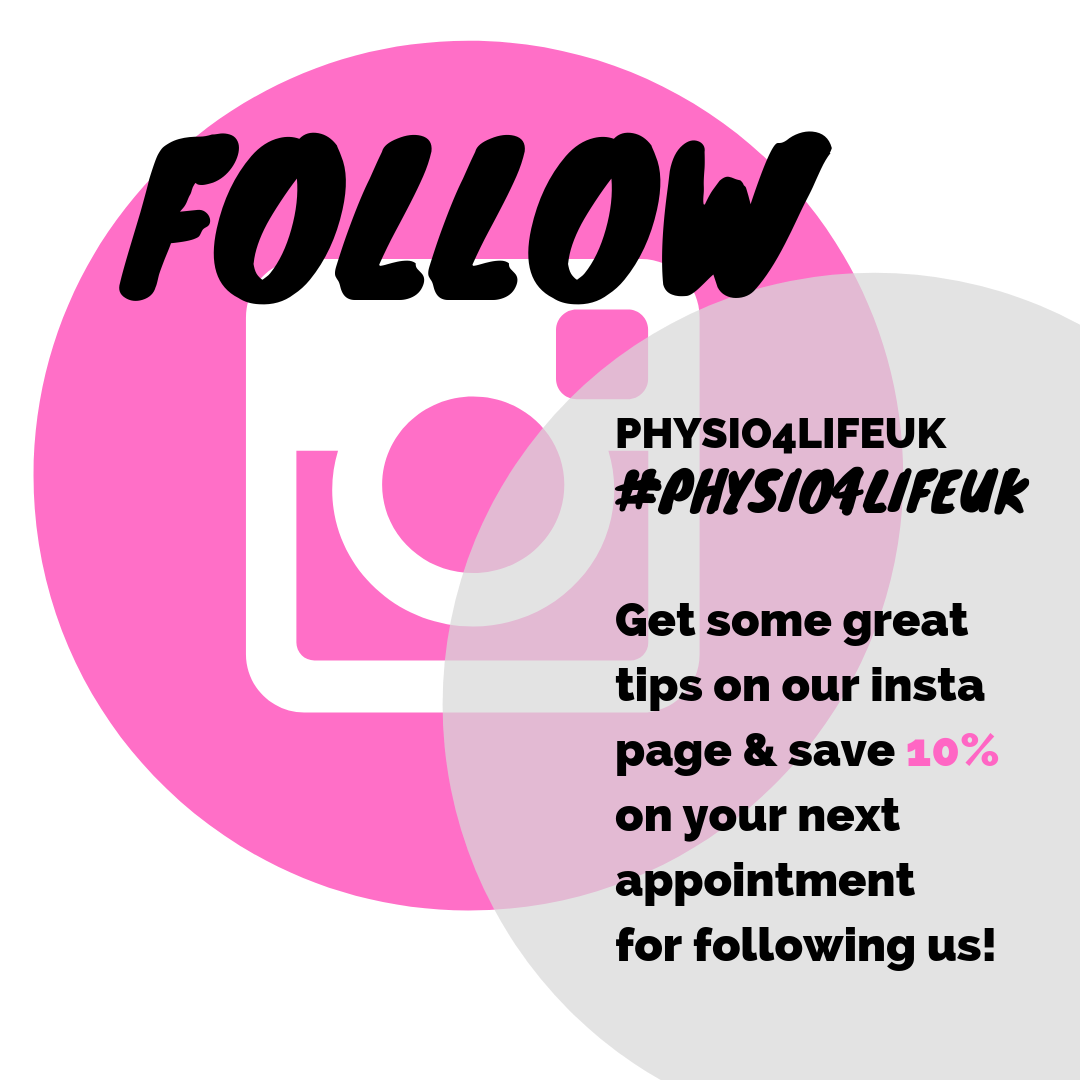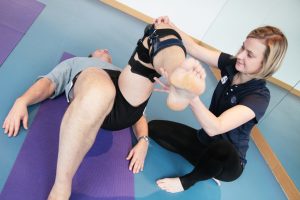
To rest or not to rest? – Why can I not continue to undertake my sport or activity despite injury??
I have been prompted to write this article, due to the number of patients we have had come through the clinic recently who have, prior to attending Physio4Life, been told by members of the medical and health care profession, or have decided themselves to completely stop their sport or activity. Some people have been advised to lay off sport for months, because moving was going to do them harm, (see Yosra Souka testimonial on our webpage).
This abrupt holt to her training regime was to be replaced with lots of rest and passive treatment of which, in her case, would have been largely ineffective and it was in fact movement and load modification that got her back to her sport. Another stand out was a young chap who was told that, he probably wasn’t designed to exercise!! I’ll stop with the examples before I boil over.
Now, I can’t just sit here writing this and advise everybody to carry on exercising regardless, because there are times, of course, that continuing to run, or the pursuit of your sport or activity, would be fool hardly and that, I hope, would be were common sense prevailed i.e. in the case of fractures, big swollen joints or high levels of pain.
Of course there is always that ambiguity and guidance and reassurance from your physio is advisable. If your finding that when you undertake your sport or activity and the pain is below a 4 out of 10 on the pain scale (0 being no pain – 10 being the worst pain imaginable) and remain there then the advice would be to continue and monitor closely. If the pain is more towards a 6-10 out of 10 then stop. The real barometer for if your injury/irritation is struggling with the load is if the pain remains into the next day. If this resonates with you then yes the recommendation is likely to be take some temporary rest and potentially seek professional opinion, but crucially they should be a rehab plan that aims to continue to strengthen or condition other parts of your body and allows you to do alternative cardiovascular activity to allow things to settle. If it’s not then, if you are seeing a health care professional, the first thing you should be asking them is why not? There are many conditions that you can continue to do your chosen activity but things just need simple modification or loading strategies.
Alarm bells should be ringing if your being told by your health care professional to rest for a month or more, whilst you receive a bucket load of passive treatments, like ultrasounds, massage, stretching or acupuncture and then expecting you to just get up and run with the original problem having miraculously gone! Now, of course there are always exceptions to the rule and in this example, it may be pertinent that long period of rest is necessary and that was all that was required, but in the main, the priority is to manage the injury, manage the load, i.e. cutting activity to a comfortable level of participation and undertaking rehab to ensure a full return to your chosen sport or activity.
I have to stress again that sometimes, but not very often, a period of absolute rest is necessary, but the reasoning for this needs to be clear. There are specific inflammatory or reactive bone or tendon injuries that do require a period of rest and in these cases this period of rest is a blessing in disguise, because its likely that the injury has come about from overload and a specifically designed program focusing on other necessary strengthening is going to help reduce injury and prevent re-occurrence in the long term.
It’s our primary role as physiotherapist to facilitate and manage your ability to do what you want to do, if somebody is telling you to sit it out, just ask the question……. Why?
-Matthew Taylor, Physiotherapist




